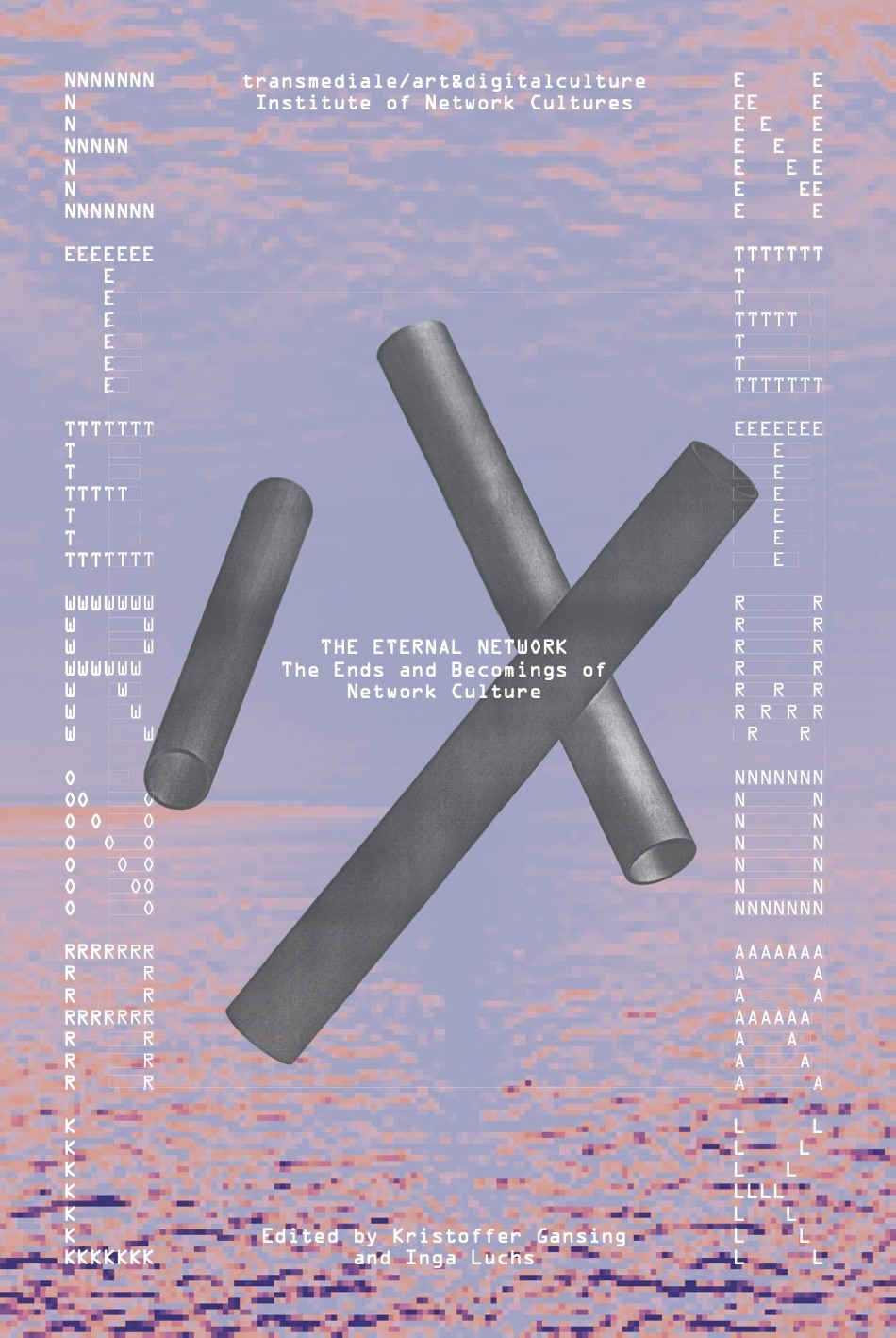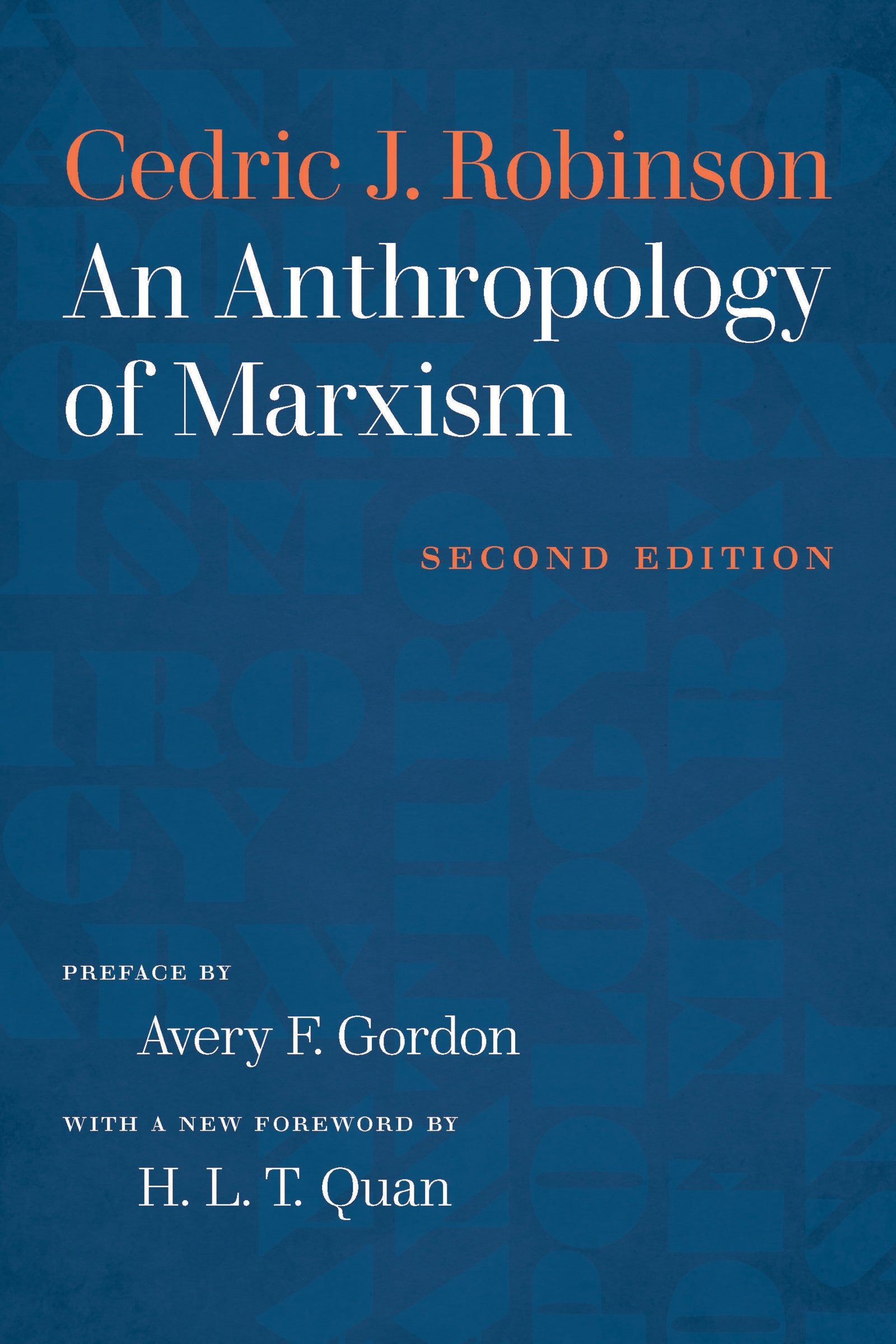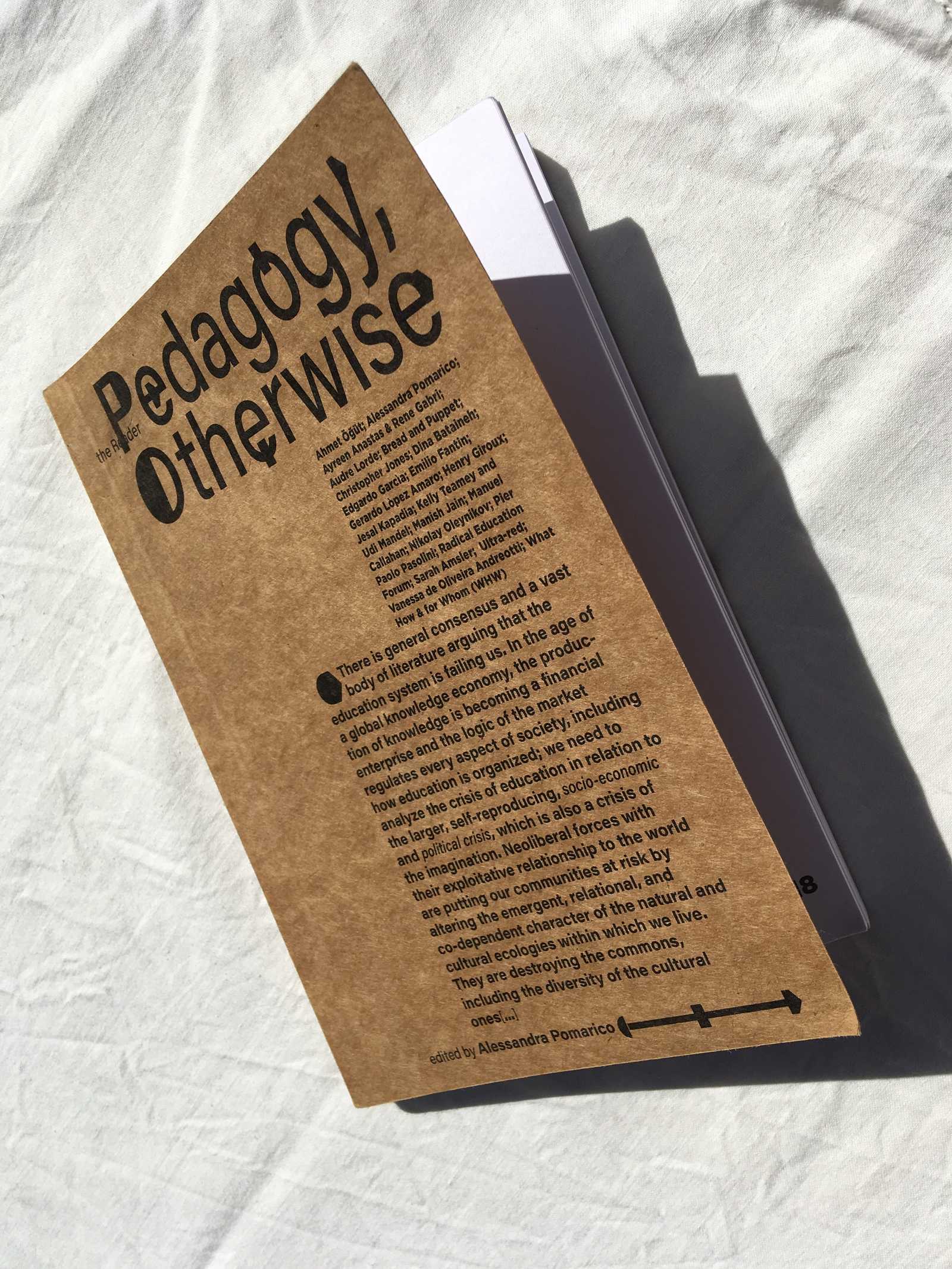Kristoffer Gansing, Inga Luchs (eds.): The Eternal Network: The Ends and Becomings of Network Culture (2020) [EN, DE]
Filed under book | Tags: · federated networks, floss, internet, net culture, network culture, networks

“‘The network is everlasting’ wrote Robert Filliou and George Brecht in 1967, a statement that, at first glance, still seems to be true of today’s world. Yet there are also signs that the omnipresence of networks is evolving into another reality. In recent times, the limits of networks rather than their endless possibilities have been brought into focus. Ongoing media debates about hate speech, fake news, and algorithmic bias swirl into a growing backlash against networks. Perhaps it is time to reconsider the contemporary reach and relevance of the network imaginary.
Accompanying transmediale 2020 End to End’s exhibition ‘The Eternal Network’, this collection gathers contributions from artists, activists, and theorists who engage with the question of the network anew. In referencing Filliou’s eternal notion, the exhibition and publication project closes the loop between pre- and post-internet imaginaries, opening up possible futures with and beyond networks. This calls many of the collection’s authors to turn to instances of independent and critical net cultures as historical points of inspiration for rethinking, reforming, or refuting networks in the present.”
Contributors: Clemens Apprich, Johanna Bruckner, Daphne Dragona, Kristoffer Gansing, Lorena Juan, Aay Liparoto, Geert Lovink, Alessandro Ludovico, Aymeric Mansoux, Rachel O’Dwyer, Luiza Prado de O. Martins, Roel Roscam Abbing, Femke Snelting, and Florian Wüst.
Publisher Institute of Network Cultures, Amsterdam, and transmediale e.V., Berlin, 2020
Creative Commons BY-NC-ND 4.0 International License
ISBN 9789492302465
145 pages
English: PDF, PDF (14 MB), EPUB, EPUB (18 MB), HTML (partial, added on 2020-7-16)
German: PDF, PDF (9 MB, added on 2020-12-4)
Cedric J. Robinson: An Anthropology of Marxism (2001–)
Filed under book | Tags: · black people, capitalism, communalism, communism, community, economics, marxism, materialism, philosophy, race, socialism, society

“An Anthropology of Marxism offers Cedric Robinson’s analysis of the history of communalism that has been claimed by Marx and Marxists. Suggesting that the socialist ideal was embedded both in Western and non-Western civilizations and cultures long before the opening of the modern era and did not begin with or depend on the existence of capitalism, Robinson interrogates the social, cultural, institutional, and historical materials that were the seedbeds for communal modes of living and reimagining society. Ultimately, it pushes back against Marx’s vision of a better society as rooted in a Eurocentric society, and cut off from its own precursors. Accompanied by a new foreword by H.L.T. Quan and a preface by Avery Gordon, this invaluable text reimagines the communal ideal from a broader perspective that transcends modernity, industrialization, and capitalism.”
Preface by Avery F. Gordon
Publisher Ashgate, 2001
ISBN 1840147008
xxii+169 pages
Second edition
New foreword by H. L. T. Quan
Publisher University of North Carolina Press, Chapel Hill, NC, 2019
ISBN 9781469649917, 1469649918
xxix+171 pages
Commentary: Avery F. Gordon (Race & Class, 2005).
Review: Rose Deller (LSE Rev of Books, 2019).
Publisher (2nd ed.)
WorldCat (2nd ed.)
PDF (1st ed., 2001, 9 MB)
PDF (2nd ed., 2019, 2 MB)
See also Robinson’s Black Marxism: The Making of the Black Radical Tradition (1983).
Comment (0)Pedagogy, Otherwise: the Reader (2018)
Filed under book | Tags: · education, learning, pedagogy

“Pedagogy, Otherwise: the Reader was assembled in the context of /and in conversation with the Eco-versities Alliance, a trans-local community of learning practitioners from around the world committed to cultivate and reclaim knowledges, relationships and imaginations. Most of the texts appeared originally in the series Pedagogy, Otherwise, as part of the line of inquiry Learning, Education and Pedagogy on ArtsEverywhere.ca, an online platform for artistic experimentation and exploration of the fault lines of modernity.
Editor Alessandra Pomarico, member of the Ecoversities Alliance and publication group, hoped through this compilation, to give voice to ‘a wide range of perspectives, explore a diversity of ways of knowing, attempting to decolonize the structure of education, contesting universal dominant frames, and focusing on pedagogy as politics. Artistic perspectives, convivial/militant research, theoretical discourses, as well as praxis of both affects and cognition, embodied and land-based practices – these are some of the tools and processes through which we witness today how learning communities are unfolding in different contexts, reclaiming autonomous yet interconnected zones of knowledge, even in the most diring geopolitical conditions’.”
Edited by Alessandra Pomarico
Publisher Eco-versities Alliance & ArtsEverywhere, 2018
Open access
257 pages

